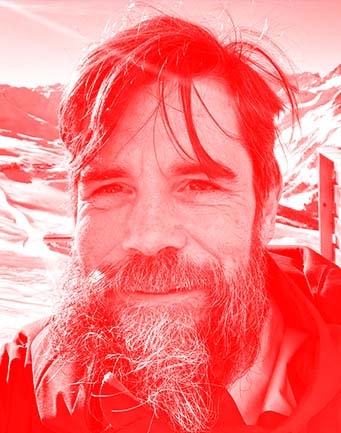Jochen Büttner
(Max Planck Institute for the History of Science, Berlin
Berlin Center for Machine Learning)
Short bio:
Trained as a physicist, Jochen Büttner has worked at the Max Planck Institute for the History of Science since 1998. As a historian of science he has a longstanding interest in early modern mechanics. His main research theme in this area regards the role of so-called challenging objects as mediators between practical and theoretical knowledge in the early modern period.
For the past six years, within the framework of the cluster of excellence Topoi he has directed a junior research group, investigating processes of technological innovation in the ancient world. A particular focus lay on the question which role knowledge played in these processes and, how in turn, innovation influenced the formation of theoretical bodies of knowledge.
Jochen Büttner has long been concerned with the use, theoretically as well as practically, of new electronic media in the history of science and, more generally, in the humanities. As a member of the Berlin Center for Machine Learning the focus of his work since 2019 has shifted to opening up the history of science to the application of machine learning technologies.
Title:
New tools for a long-established discipline:
Using machine learning approaches for corpus research in the history of science.
Abstract:
In this section I will provide a survey of our ongoing attempt to use state of the art machine learning technologies in the service of the history of science. We in particular exploit deep learning with convolutional networks to recover processes of knowledge transfer and evolution from a corpus of early modern books all pertaining to the same subject - elementary astronomy. Against the backdrop of our first experiences with this approach I will engage in some more general reflections regarding the challenges raised as well as opportunities offered by the attempt to integrate novel approaches from the field of artificial intelligence into the established methodological repertoire of our discipline.
Other lectures:
Keynote lecturer:
Helder Coelho (University of Lisbon)
Other lectures (confirmed):
Luc Steels (Catalan Institute for Advanced Studies (ICREA)) |
Matteo Valleriani (Max Planck Institute for the History of Science) |
JJ Merelo (University of Granada) |
Nuno Sousa (University of Minho) |
Paulo Gomes (Critical Software) |
Tony Veale (University College Dublin)
